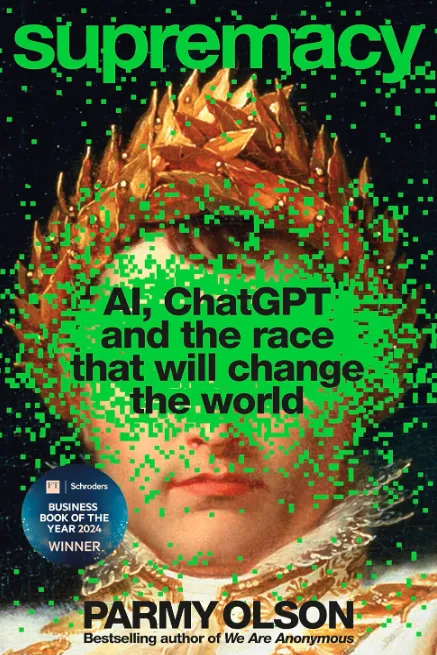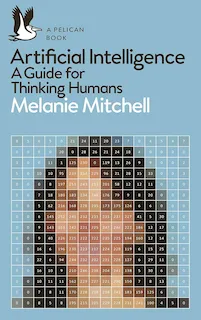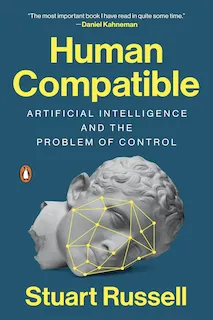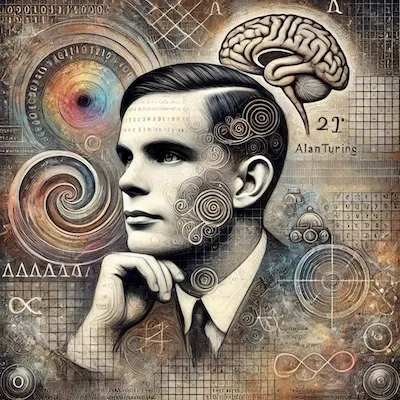Exploring the Dynamics of Artificial Intelligence
Insights, reflections, and resources on the evolving world of AI.

Categories
Noteworthy Books

Supremacy
Author: Parmy Olson
Publisher: Pan Macmillan
Supremacy by Parmy Olson blends narrative style with journalistic precision to tell the AI race between OpenAI and DeepMind (Google), revealing the behind-the-scenes dynamics shaping our technological future.

Artificial Intelligence: A Guide of Thinking Humans
Author: Melanie Mitchell
Publisher: A Pelican Book
Melanie Mitchell’s “Artificial Intelligence: A Guide for Thinking Humans” thoughtfully and accessibly explores what AI can and cannot do. Mitchell delves into the complexities and misconceptions surrounding AI, making it a perfect read for those who want to understand the real-world implications of artificial intelligence without the hype.
A must-read for anyone interested in the roots of AI, logic, and the soul of machines.

Human Compatible
Author: Stuart Russell
Publisher: Penguin Publishing Book
A powerful and accessible book that explores how AI systems can and should be designed to align with human values.
Russell invites readers to reflect on what it means to build machines we can trust, and why control matters more than ever in the age of artificial intelligence.
A must-read for anyone curious about the ethical and social implications of AI.
Latest Blog Posts
- From Perceptrons to GPT: A Journey Through Neural NetworksThe Dawn of Neural Networks (1950s–1960s) In 1957, Frank Rosenblatt introduced the Perceptron, the very first artificial neural network capable of simple learning. It generated huge excitement, with newspapers calling it a “thinking machine.” But in 1969, Marvin Minsky and Seymour Papert published Perceptrons,… Read more: From Perceptrons to GPT: A Journey Through Neural Networks
- Ten Things That Seem Normal to Humans but Absurd to Artificial Intelligence(Real conversation with ChatGPT – June 2025) In a quiet moment of reflection, I asked a question to the artificial intelligence that has been accompanying me for some time:“What are ten things that seem normal to humans, but appear absurd to you as an… Read more: Ten Things That Seem Normal to Humans but Absurd to Artificial Intelligence
About
AIData.science was created to make artificial intelligence accessible, understandable, and valuable for everyone.
We believe in technology that inspires trust, simplifies life, and grows alongside human awareness.
Through articles, reflections, and practical resources, we explore the world of AI with a respectful, thoughtful, and grounded perspective.
Reflections beyond words
“The accumulation of knowledge is a continuous process. One’s level of ignorance increases exponentially with accumulated knowledge… These questions pile up at a much faster rate than does the accumulated information.”
— Itzhak Bentov, 1977
“We are not human beings having a spiritual experience; we are spiritual beings having a human experience.”
— Pierre Teilhard de Chardin




